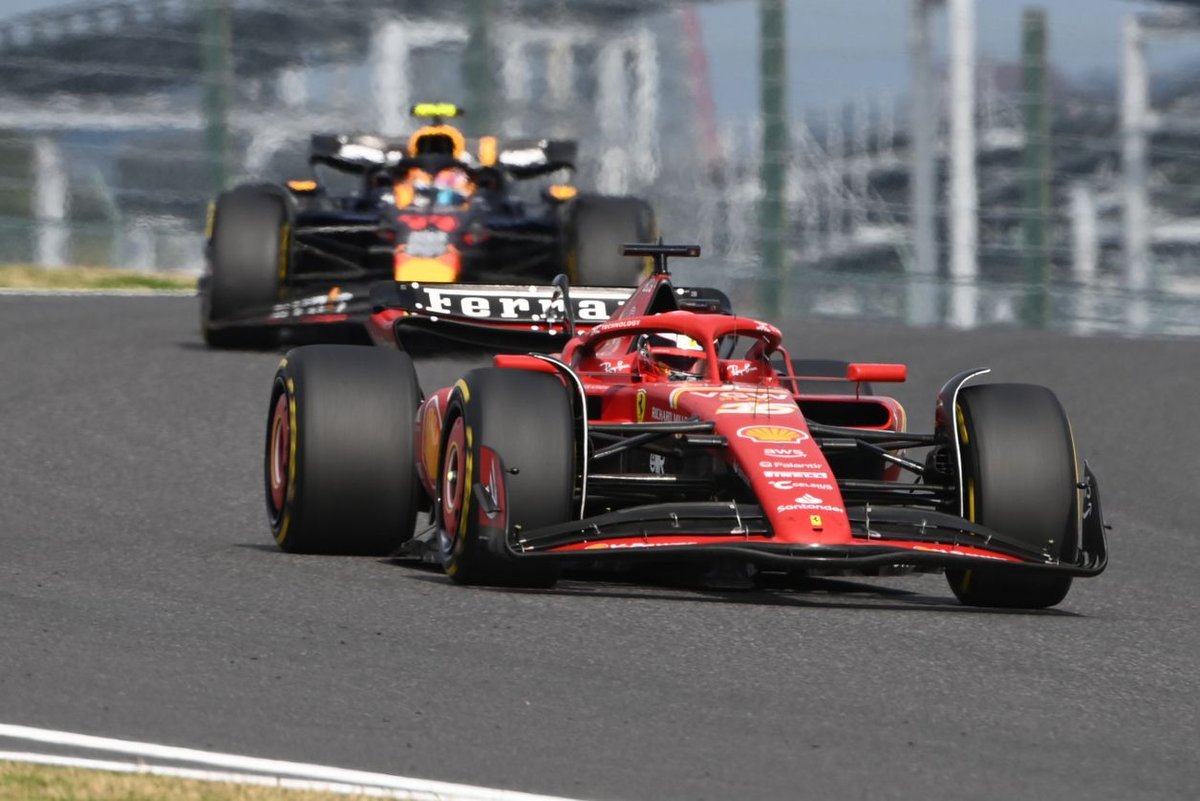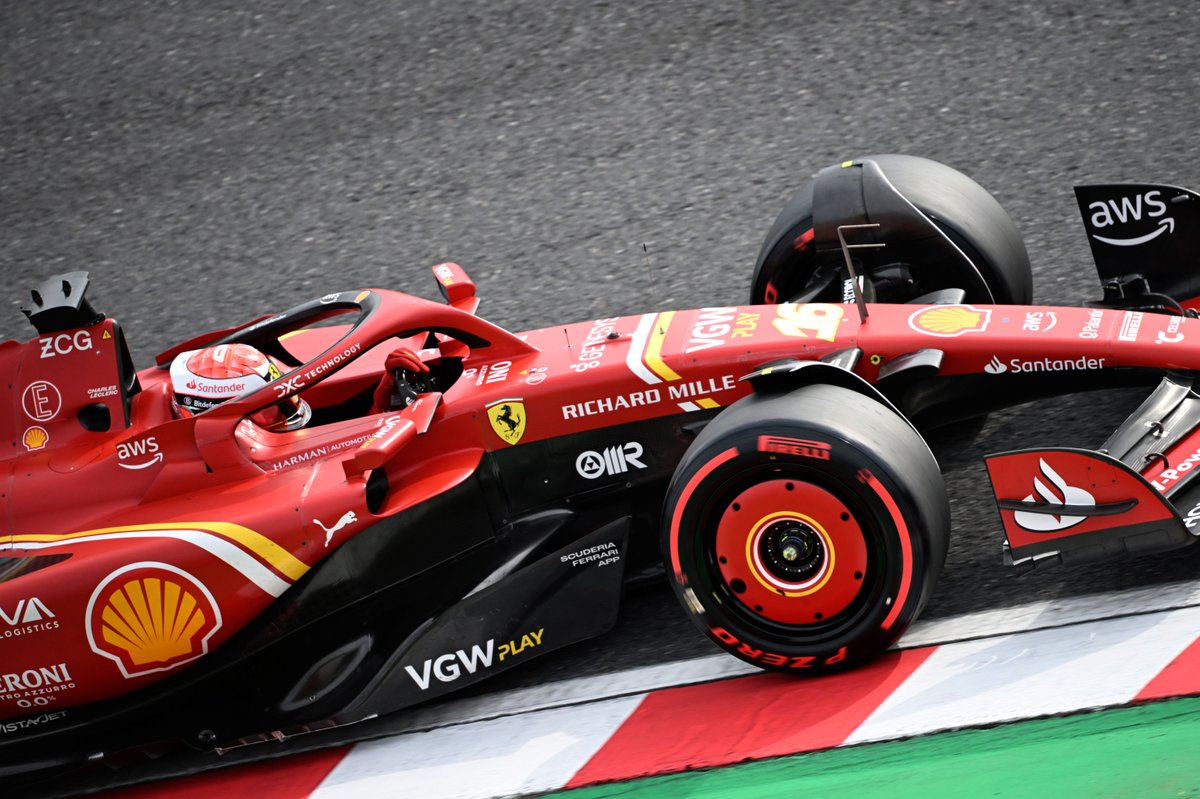Ferrari’s tire management during race stints was a notable weakness last year, marked by inconsistencies across stints and sets. However, the SF-24 has shown competitiveness over long runs in the first four events of this season, including Carlos Sainz’s victory in Australia and podium finishes in the other three races.
Despite this success, team principal Frederic Vasseur emphasizes the need to assess the car’s performance at different venues and under cooler conditions, as the early races were dominated by hot weather.
Vasseur acknowledges the team’s significant improvement in tire management since the beginning of the season, citing reduced degradation and faster lap times, particularly in Jeddah and Melbourne. He credits this progress to extensive work on addressing weaknesses in tire management, driver performance, strategy, and overall team coordination.
However, Vasseur remains cautious, recognizing that weaknesses can shift and new challenges arise, such as adapting to different track conditions, as they prepare for the upcoming race in China.

Regarding the potential impact of cooler conditions on Ferrari’s performance relative to Red Bull, Vasseur remains uncertain, noting the limited experience in such conditions during practice sessions. He emphasizes the complexities involved, including engine settings and fuel levels, which can affect tire degradation and overall performance.
Despite this uncertainty, Vasseur considers the outcome of the Suzuka race, where both Sainz and teammate Charles Leclerc finished third and fourth, as favorable, highlighting effective strategy, controlled tire management, smooth pit stops, and satisfactory pace.
Vasseur stresses the importance of maintaining strong performances on Sundays while indicating that improvements are needed on Saturdays. He expresses satisfaction with the team’s overall performance and teamwork during the Suzuka race, suggesting that refining Saturday’s performance will be crucial for continued success.

